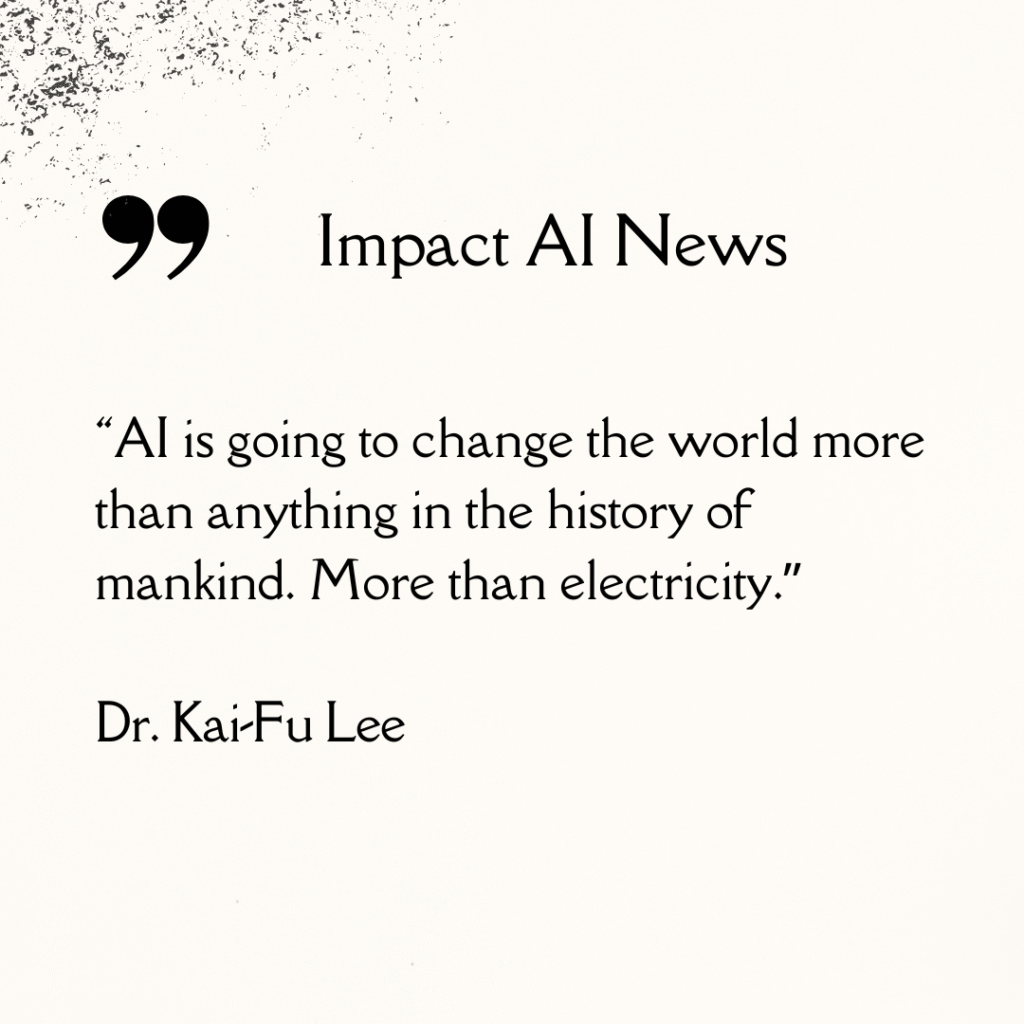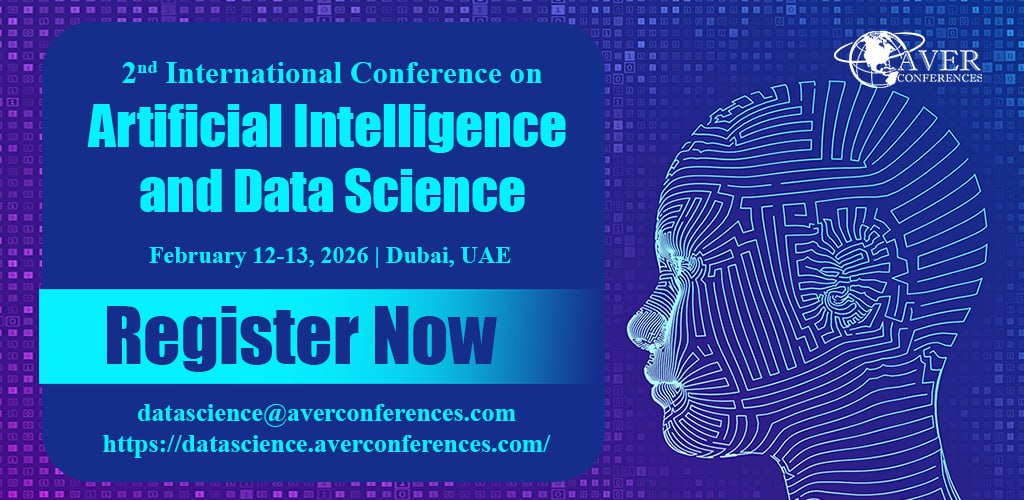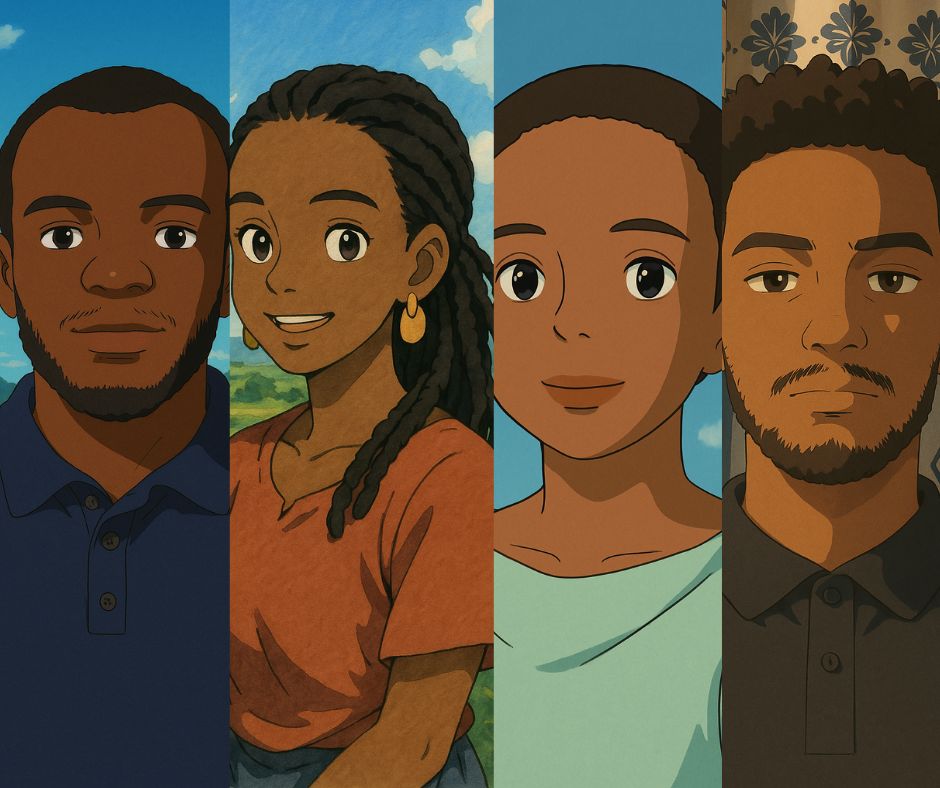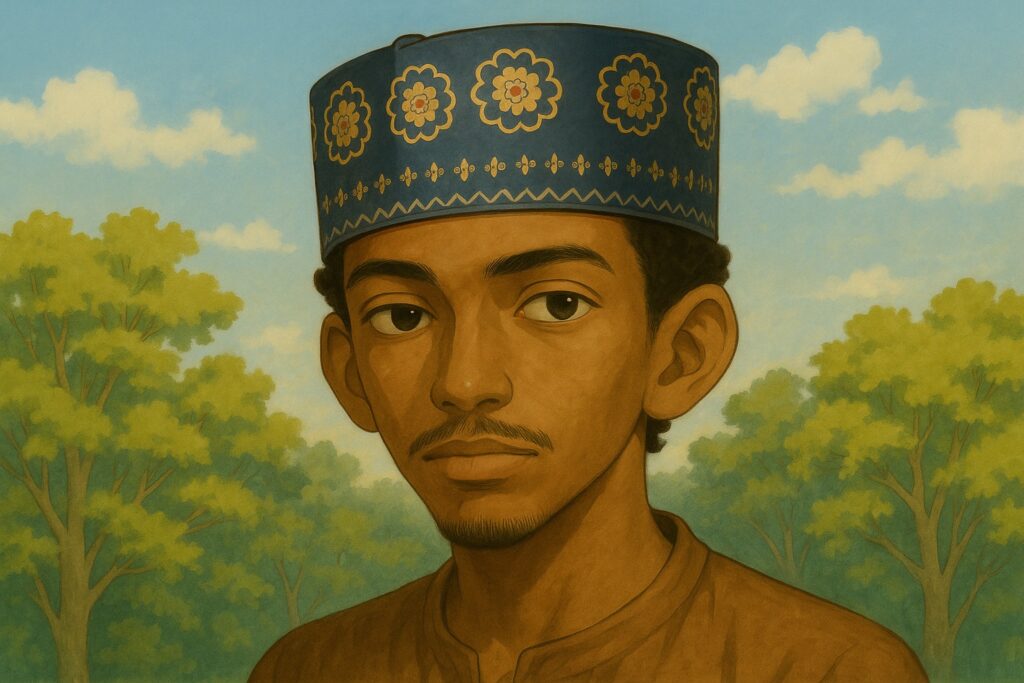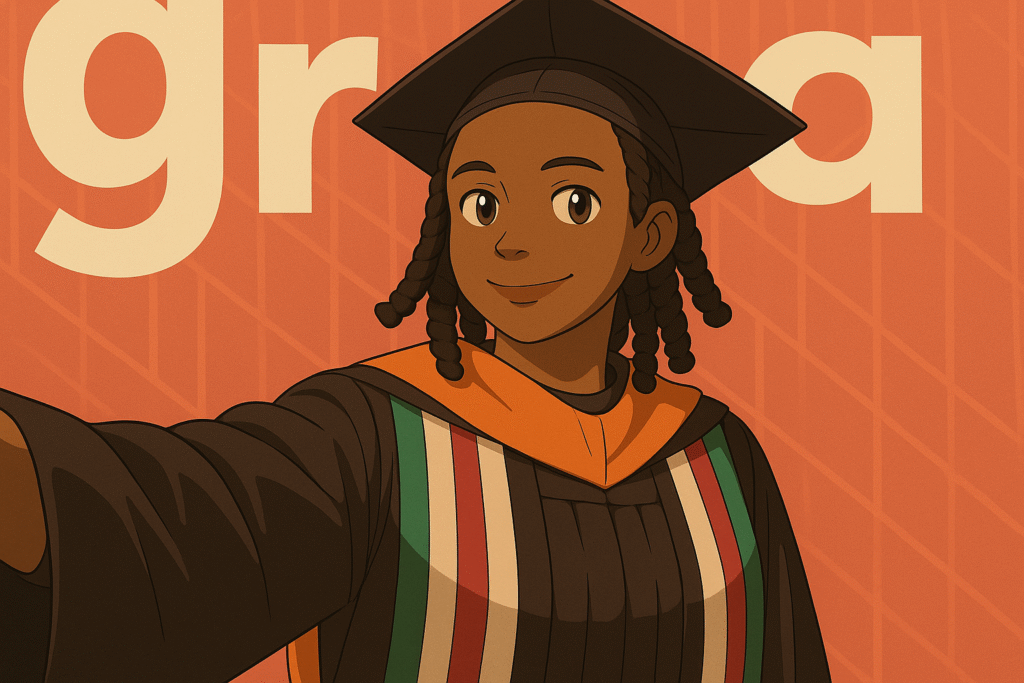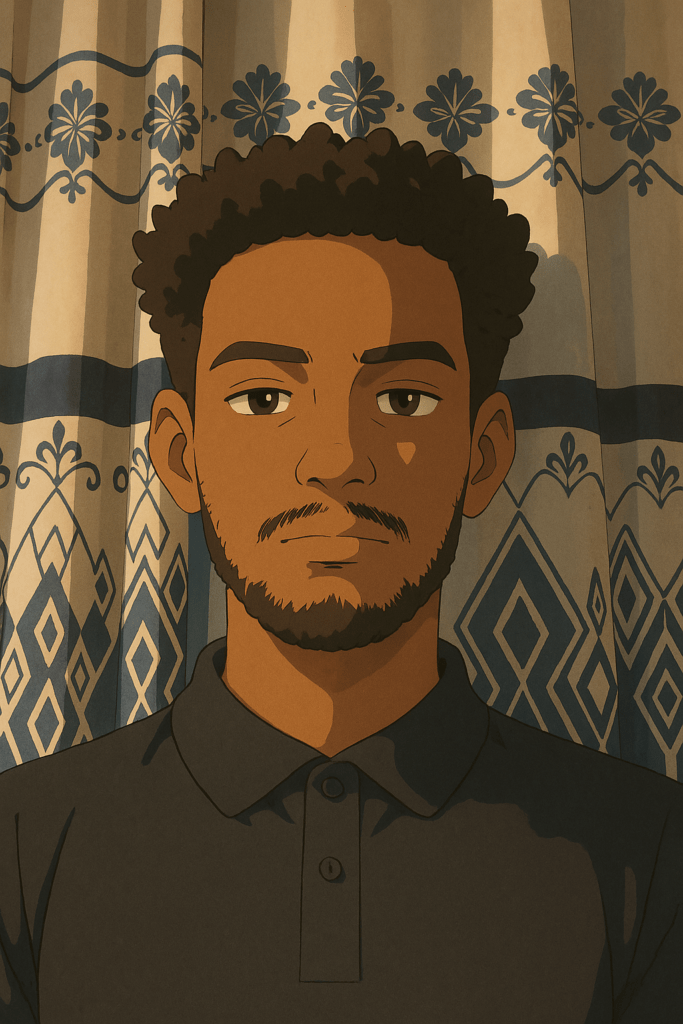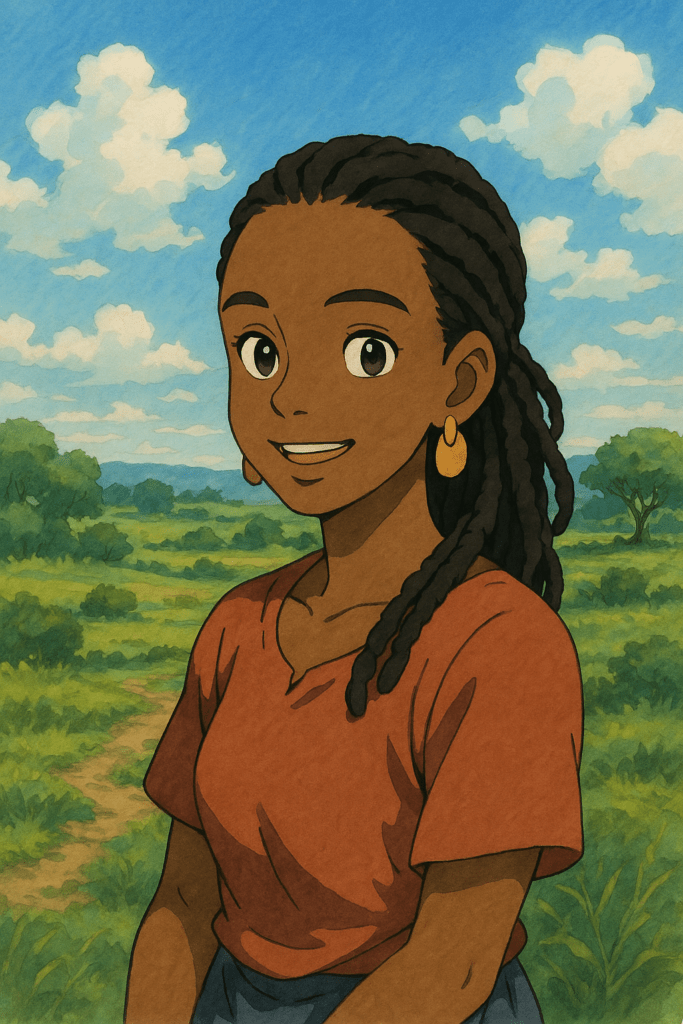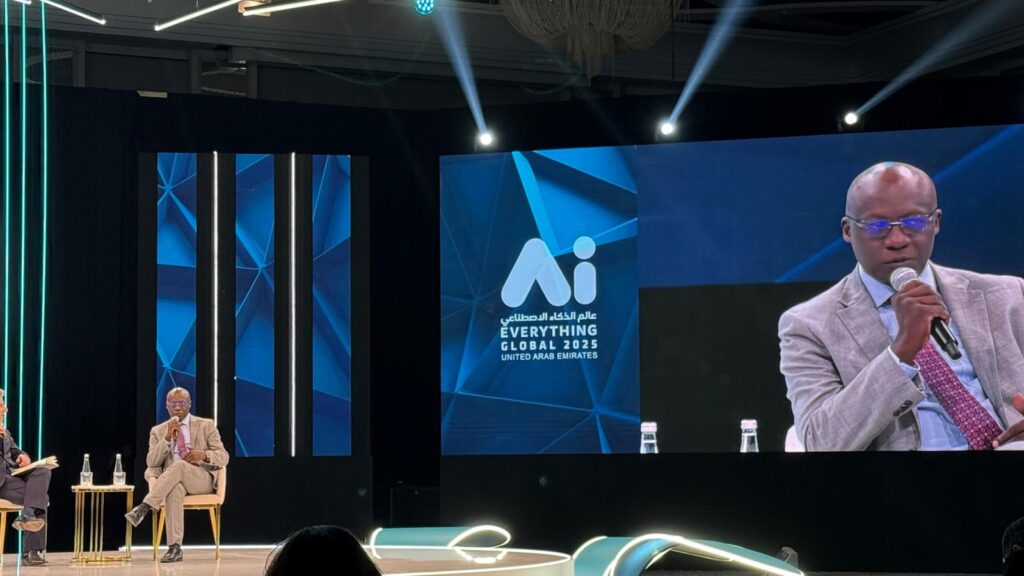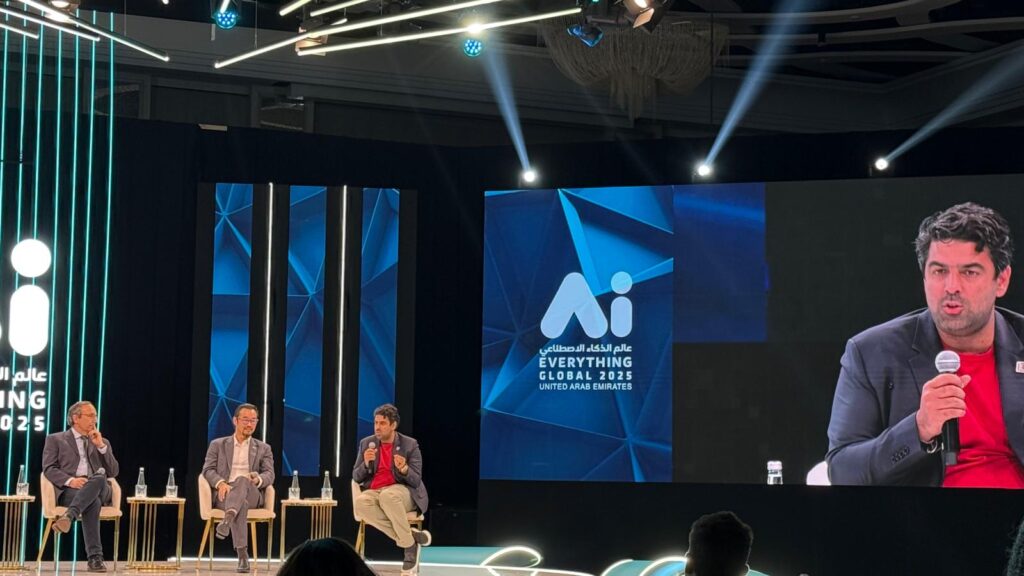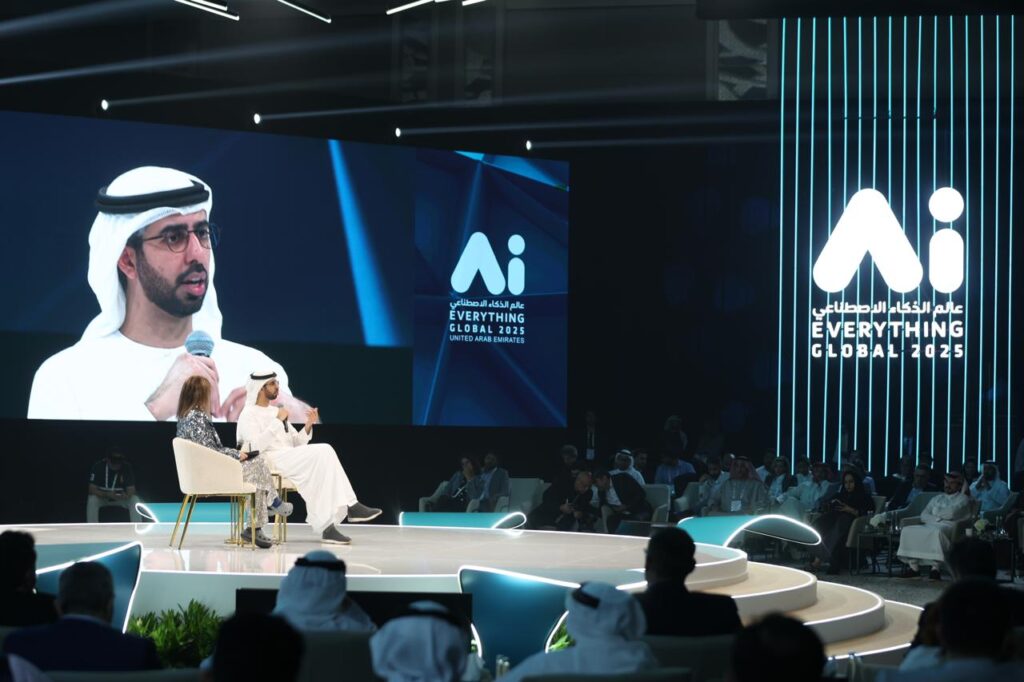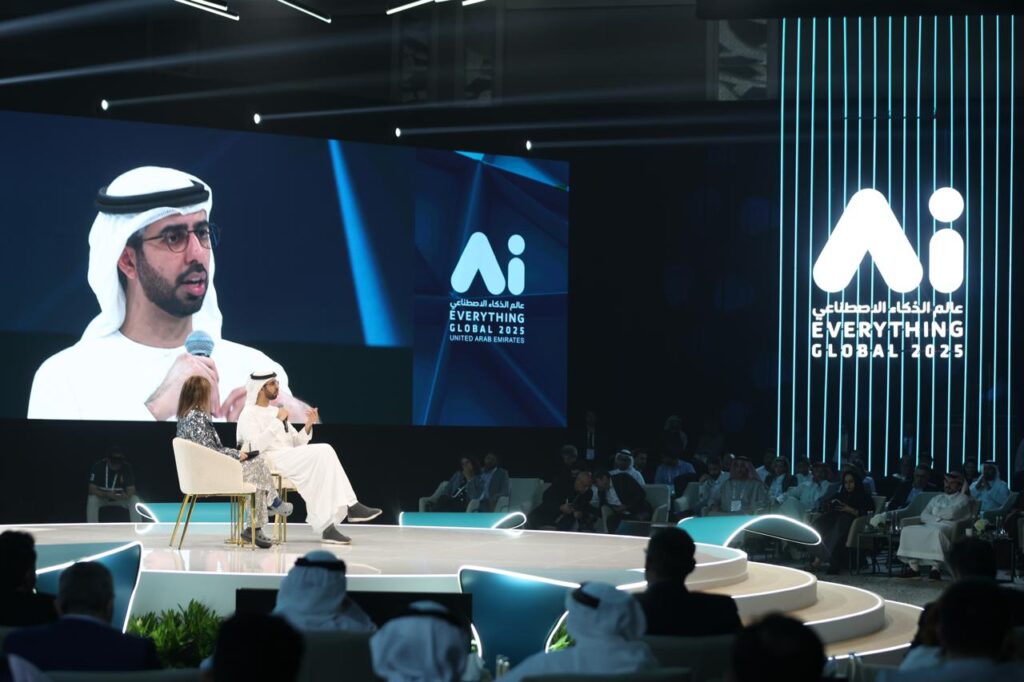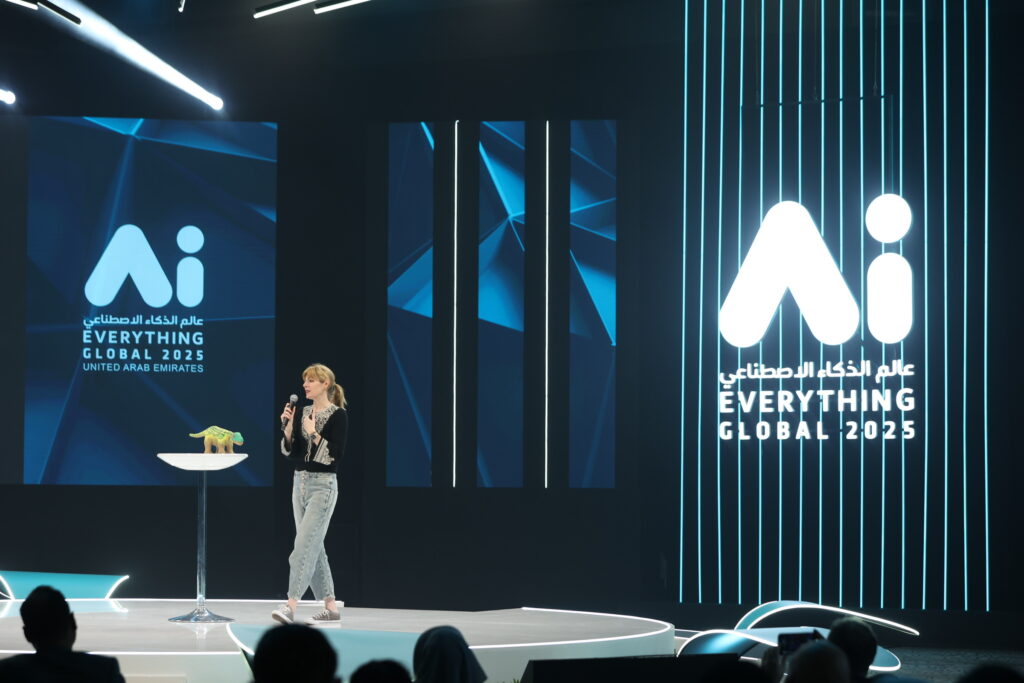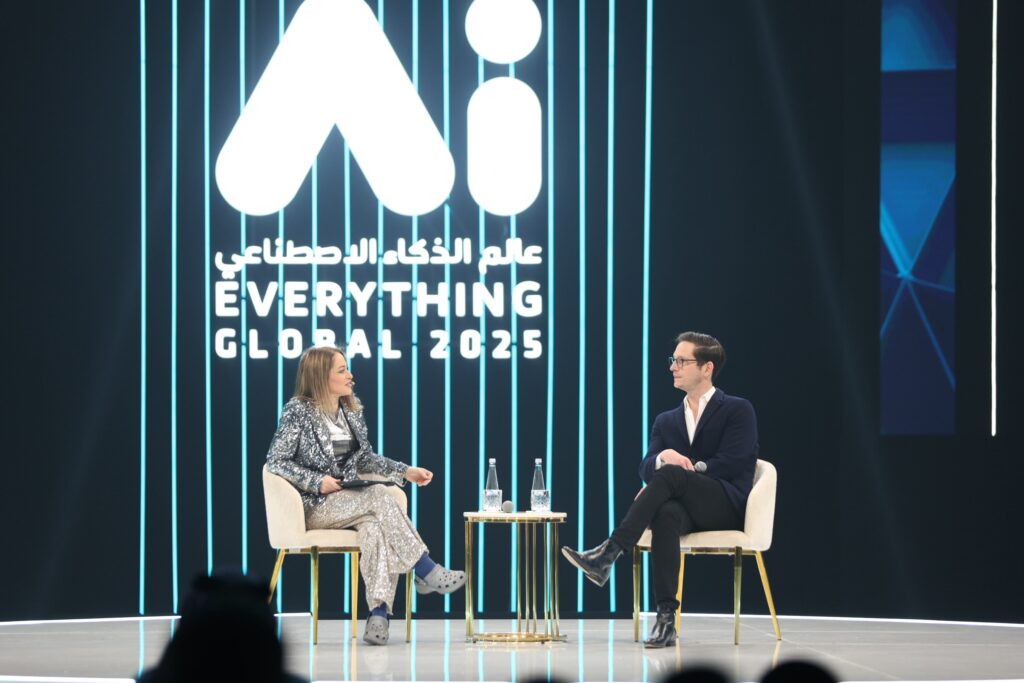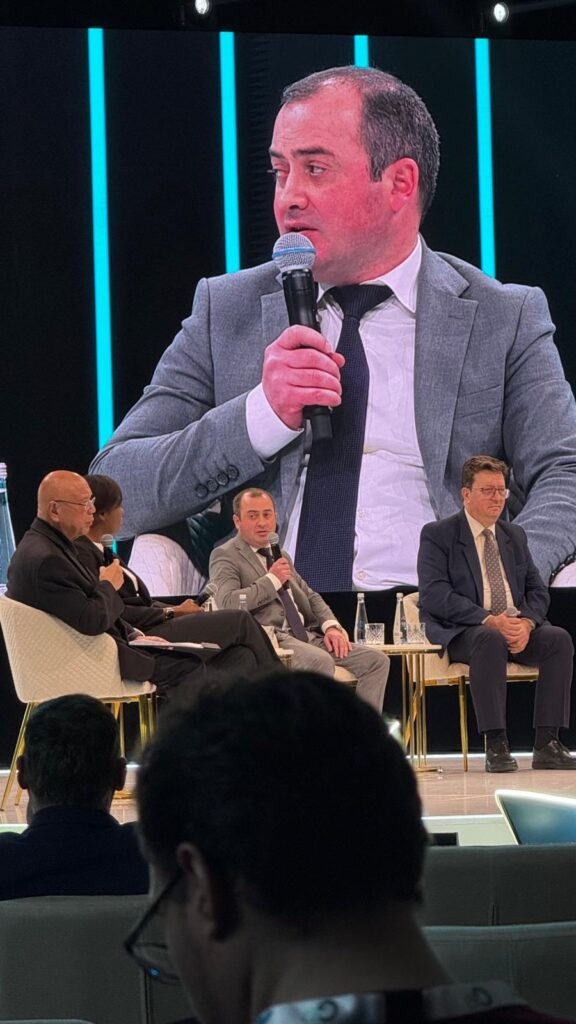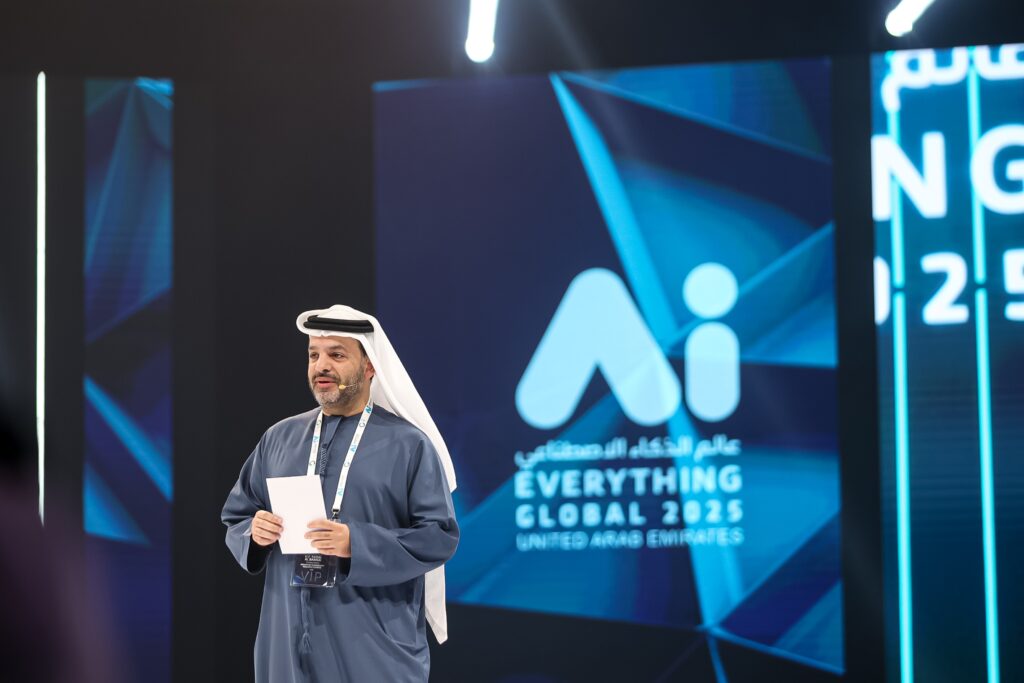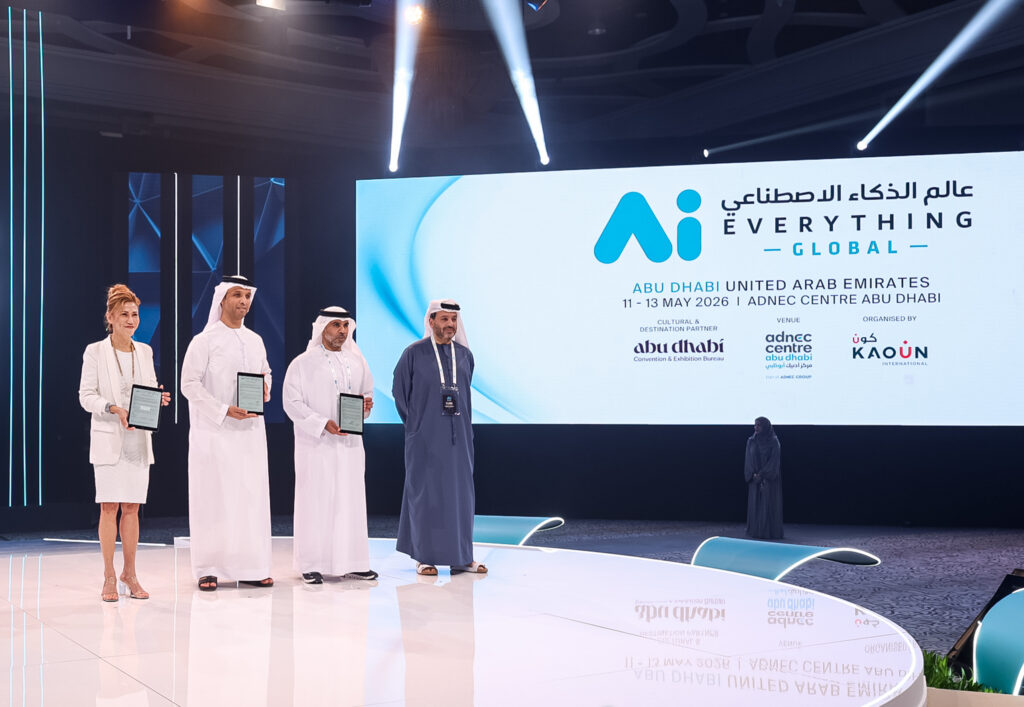From the bustling streets of Nairobi to meeting halls packed with aspiring technologists, Rose Delilah Gesicho’s devotion to technology has been fueled not just by curiosity, but by an unwavering drive to solve real-world African problems.
Her journey, beginning with early forays into hardware and software, soon turned toward the vast, collaborative world of data science—where context, community, and impact matter as much as code.
Today, as community manager at Zindi, Delilah stands at the heart of Africa’s AI awakening. Her mission: to empower local data scientists, foster inclusive communities, and ensure that the continent’s most urgent challenges are tackled by African minds with African data.
When she looks back on her technology journey, she sees each milestone as a building block. “I wanted something with more context than just writing code to do a particular thing. I wanted to solve problems,” Delilah recalls in an interview with Impact AI News, a sentiment that has remained the compass of her career.
A New Direction in Technology
Delilah was born and raised in Nairobi, completed high school education in 2017 before pursuing a degree in Information Technology at Pan African Christian (PAC) University a year later, followed by a course in data science and analytics at the United States International University in the city in 2022.
Her first exposure to tech was hands-on, dabbling in hardware, networking, and coding. “I got to familiarize myself with web development…practical sessions at Andela on web development, learning JavaScript and all that,” she says.
But it was her curiosity about tech’s potential for problem-solving that shifted her focus. “Hardware was assumed to be a man’s field, especially when you have to go to a client at odd hours to fix something,” Delilah says of her early days. “It was a limitation. But software engineering just felt like there was something more that is beyond maybe just creating frontend and backend.”
With the guidance of her sister, a mentor in the data field, Delilah attended her first Women in Machine Learning and Data Science conference in Kenya. That event sparked a pivotal turning point: “I wanted something that had context, like the way statistics has context. I wanted to solve problems.”

Discovering Zindi and Africa’s Collaborative AI Spirit
While studying, Delilah dove into web development communities and then, propelled by her growing interest in data, attended a bootcamp at Moringa School. Her path soon intersected with Zindi.
“I got to know about Zindi when I attended the Deep Learning Indaba in 2019 at Kenyatta University,” she recalls. Delilah was drawn in by discussions of competitive AI, solving challenges using African data. “It was an interesting topic because it wasn’t something that we commonly heard of. Yes, we used to see the likes of Kaggle, but this was a different perspective, again using African data.”
That encounter set her on a trajectory: “When they rolled out the ambassador program, I wanted to be part of it because I had already had passion in building the AI community.”
Already a Women in Machine Learning program coordinator, Delilah found a new scale and reach with Zindi, first as an ambassador and later as community manager.
The Community As Catalyst for AI Growth
As COVID-19 forced life and learning online, Delilah doubled down on her community-building efforts. “We built a community that had people wanting to learn data science and bridge the women representation gap in tech and AI,” she says.
Under her leadership, the Women in Machine Learning Nairobi chapter grew to 3,000 active members—facilitating virtual events, peer support, and upskilling for women throughout the city.
Her success with Zindi enabled her to go continental. “It helped me build relations with people in different parts of Africa and see their drive and their motivation. That enabled me to want to continue being an AI community lead and establishing communities to continue growing the AI ecosystem.”
She describes her Zindi role as “enabling and ensuring communities are collaborating, reaching different communities that are not represented.” From helping ground AI activities in Togo and Mozambique to strengthening established networks in Nigeria, Delilah’s mission is ensuring that AI is within reach in different parts of Africa.”
The Transformative Power of African AI
With more than 80,000 data scientists on the Zindi platform, Delilah witnesses Africa’s talent in action every day. “It has enabled me to see the growth journey of different data scientists from entry-level to being experts. How they’re able to collaborate in other countries, building a solution that can be used in Kenya or Tanzania,” she notes. Shared datasets spark continent-wide competitions, and solutions for one market soon ripple across borders.
The vision, she says, is for Africa to “solve challenges using technologies, develop solutions for Africa by Africans using African data, build systems that are going to be beneficial and not disruptive in a bad way to the people we are building for.”
What Powers Progress?
Delilah sees plentiful potential for AI applications in sectors that matter most: “In agriculture, finance, and healthcare, I think we are doing really well. Even having Zindi as a key component, it’s helping shift the narrative, showcasing the different challenges we have and how our talent is able to solve them.”
Challenges remain, especially in accessing compute infrastructure, forging government partnerships, and mainstreaming responsible and inclusive AI development. But the drive is unwavering. “We just need to continuously build and solve challenges that affect us, collaborate with governments to ensure that we have the infrastructure, the compute, and the policies to support AI development.”
Her advice for the next wave of AI enthusiasts? “For Africa, we are more community-centered. We love to collaborate, to work together with others. If you want to solve a problem, bring the community together to help solve it. That would be my advice. Just tap into the ecosystem.”
A Future By and For Africa
“One of the biggest challenges,” she explains, “is that much of the AI and data science work globally comes from the Western world and doesn’t fully relate to the realities we face in Africa.” This disconnect means that many AI solutions fail to address African needs comprehensively or inclusively.
Today, Delilah’s focus remains on advocacy and capacity-building, ensuring that AI’s promise is accessible, representative, and attuned to real-world African needs.
“It’s more of people being able to adapt AI in their day-to-day activities and use it responsibly… build solutions that are going to be impactful and educate the community on how to use them, because in the long run it’s going to affect the community and how we do things.”
For those entering the field, she emphasizes Africa’s unique strength: “We build things with community in mind.” In doing so, Delilah and the network she’s helped foster are reshaping not just the future of AI in Africa, but the world’s understanding of what leadership in this space can truly look like.
By nurturing inclusivity, local ownership, and tailored innovation, she and many others are lighting the path toward an African AI ecosystem that is both resilient and globally influential. “AI is here to stay, and if we adapt it responsibly, it can transform our everyday life.”
Stay ahead in the world of AI, business, and technology by visiting Impact Newswire for the latest news and insights that drive global change.





